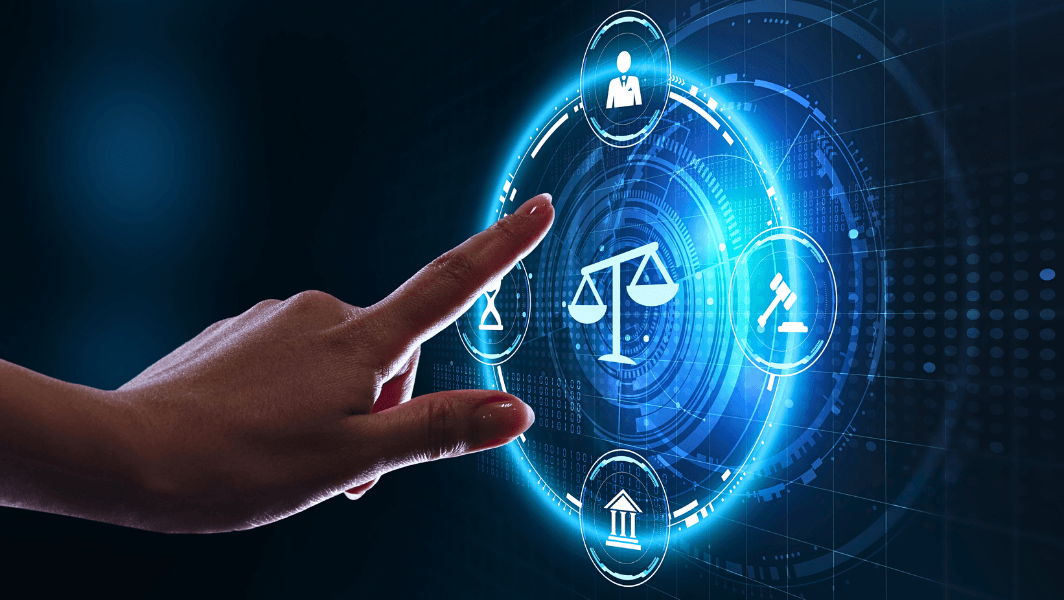
Navigating the Legal Complexities of Artificial Intelligence
Emerging Global Litigation Trends
As artificial intelligence (AI) continues to permeate various sectors, it brings forth a myriad of legal challenges that are reshaping the global litigation landscape. From intellectual property disputes to concerns over ethical use, the legal community is actively addressing the implications of AI integration.
Intellectual Property and Copyright Infringement
A significant area of contention involves the use of copyrighted materials in training AI models. Notably, in Thomson Reuters v. ROSS Intelligence, the court ruled that ROSS's use of Westlaw's headnotes to train its AI-powered legal research tool constituted copyright infringement, emphasizing that such headnotes are protected intellectual property.
Similarly, OpenAI faces a landmark lawsuit in India filed by media organizations alleging unauthorized use of copyrighted content for AI training. This case underscores the global concern over AI's reliance on existing works and the boundaries of fair use.
'AI Washing' and Securities Litigation
The phenomenon of "AI washing," where companies exaggerate their AI capabilities to attract investors, has led to a surge in securities class action lawsuits. In 2024, such litigation more than doubled, targeting firms accused of misleading shareholders about their AI integration. Cases against companies like Innodata and Evolv Technologies highlight the legal repercussions of overstating AI functionalities.
Bias, Discrimination, and Ethical Concerns
AI systems have been scrutinized for potential biases, especially in employment and lending decisions. Litigation in this domain often centers on allegations that AI tools perpetuate discrimination, leading to violations of civil rights and equal opportunity laws. These cases emphasize the necessity for transparency and fairness in AI algorithms.
Product Liability and Autonomous Systems
The deployment of AI in autonomous vehicles and medical devices has sparked product liability lawsuits. Manufacturers are being held accountable for malfunctions or errors attributed to AI components, raising questions about the standards of care and the extent of liability in AI-driven products.
Antitrust Implications
AI's role in facilitating price-fixing and market manipulation has attracted antitrust litigation. For instance, the Department of Justice's lawsuit against RealPage alleges that the company's AI-driven pricing tools led to rent collusion among property managers, violating antitrust laws.
Evolving Legal Frameworks and Future Outlook
As AI technology evolves, so does the legal framework governing its use. Courts and regulatory bodies worldwide are grappling with establishing clear guidelines to address these emerging challenges. Legal experts anticipate a continued rise in AI-related litigation, necessitating ongoing adaptation and vigilance within the legal community.
In conclusion, the intersection of AI and law presents complex challenges that require careful navigation. Staying informed about these trends is crucial for legal practitioners, policymakers, and organizations to mitigate risks and ensure responsible AI deployment.
For any enquiries or information, contact info@thelawreporters.com or call us on +971 52 644 3004. Follow The Law Reporters on WhatsApp Channels